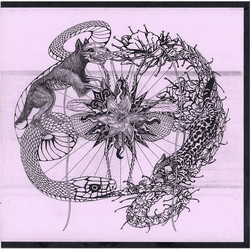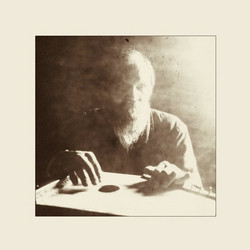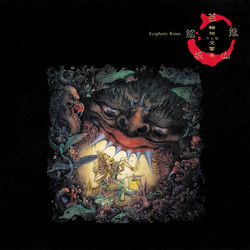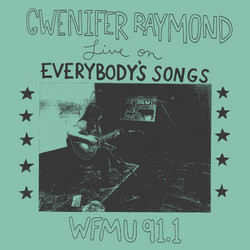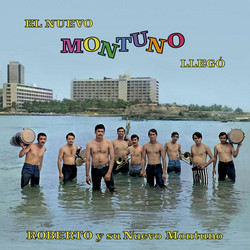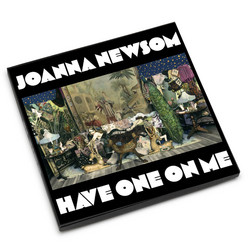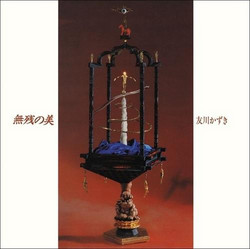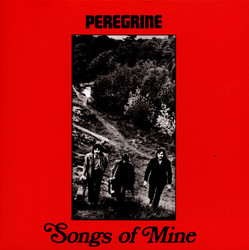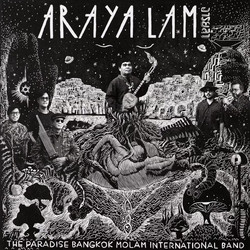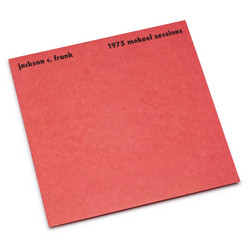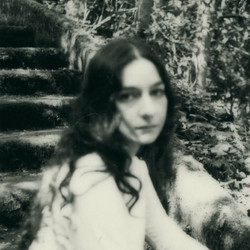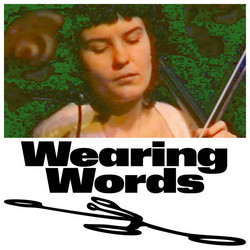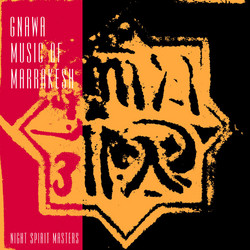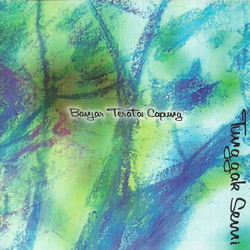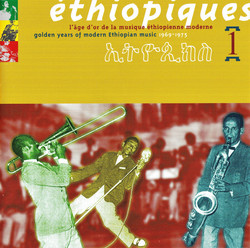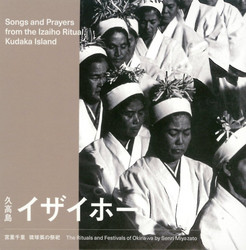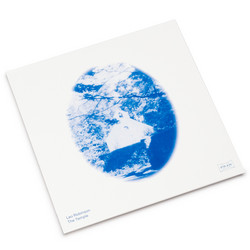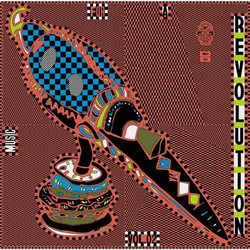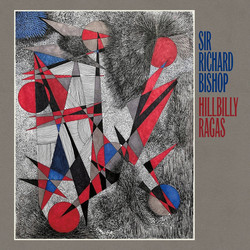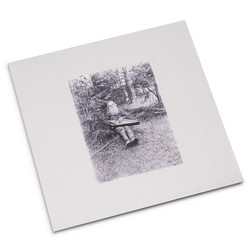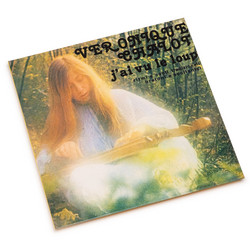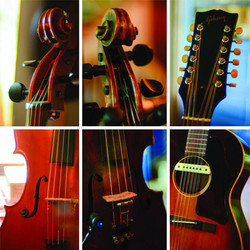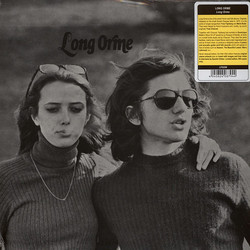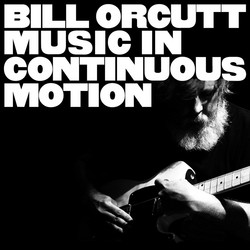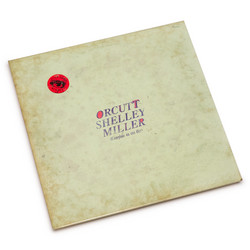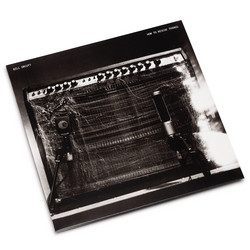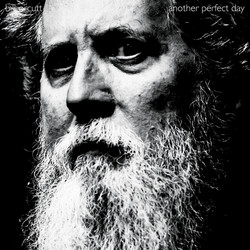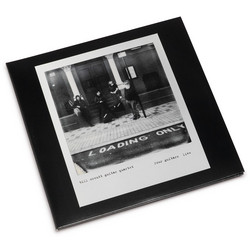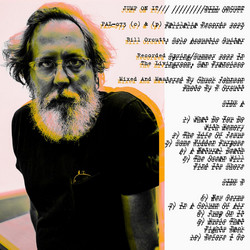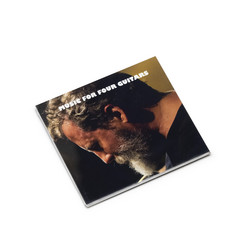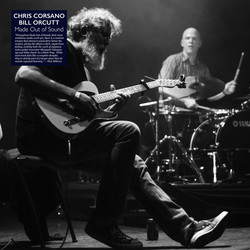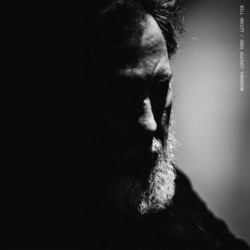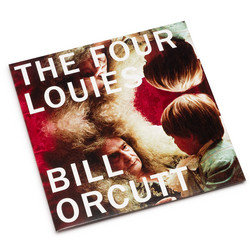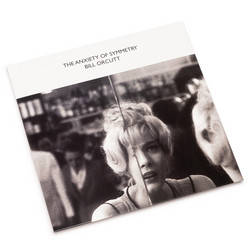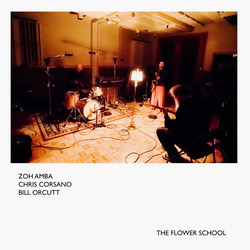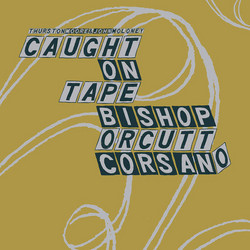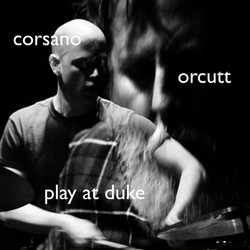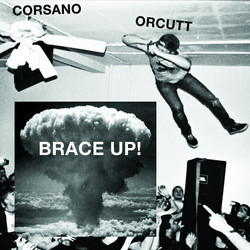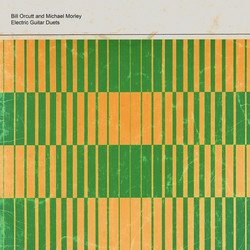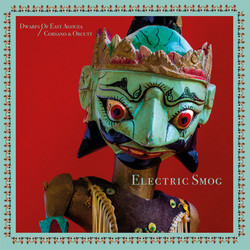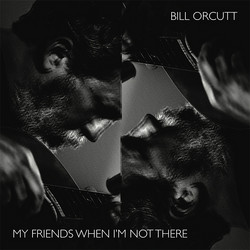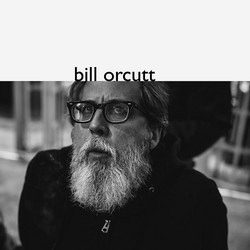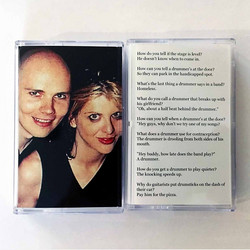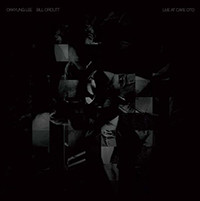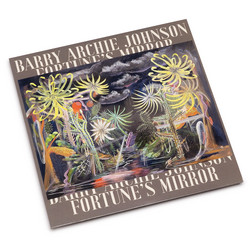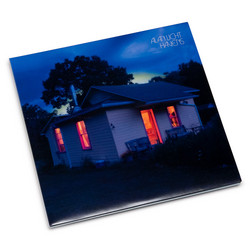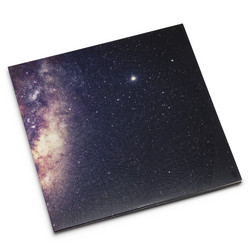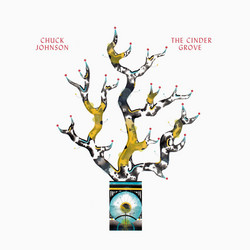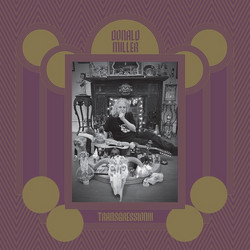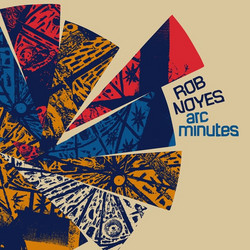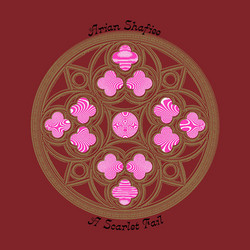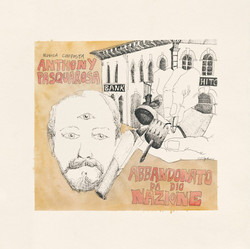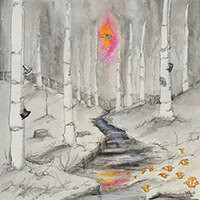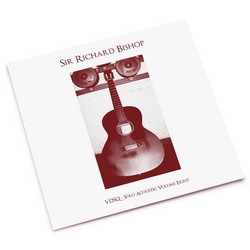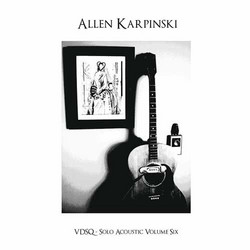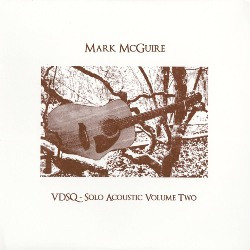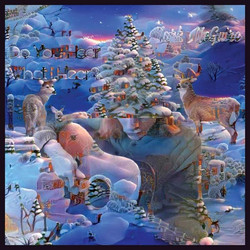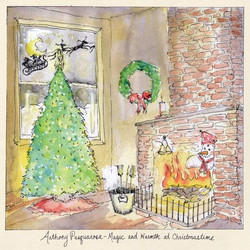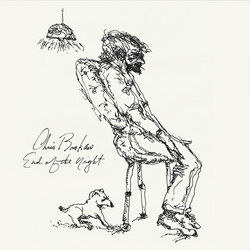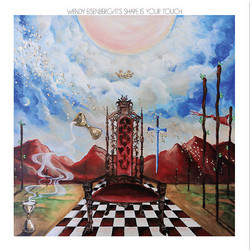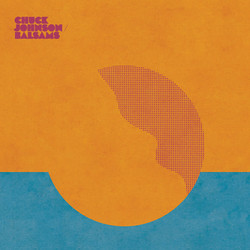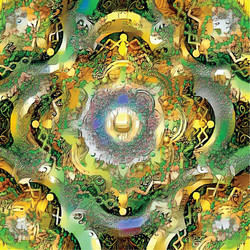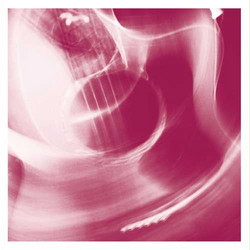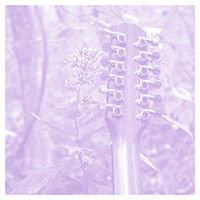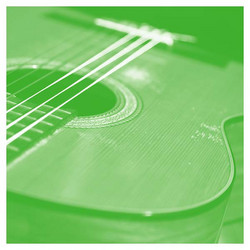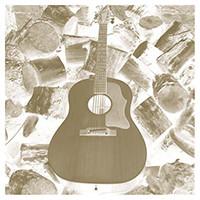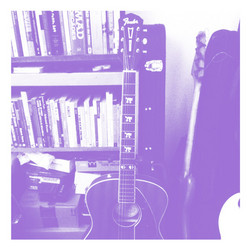Bill Orcutt
Solo Acoustic Volume Ten (LP)
Guitarist Bill Orcutt's fist set of new compositions in many years is a series of abstract blues played on the acoustic guitar, using a variety of tunings, and referencing great historical blues players alongside unusual historical errata.
"It's been two decades since Bill Orcutt was part of Harry Pussy, Miami's most bracing, uncompromising ensemble of noisemakers. After taking almost 15 years away from music following the demise of HP, he returned in 2009 -- with the fantastic A New Way to Pay Old Debts (Editions Mego) -- and has been melting minds ever since. Now, however, instead of simply assaulting listeners, his music has tended to deconstruct various American folk traditions going back to the 19th century, as on A History of Every One (Editions Mego), an album of covers that might sound appealing to your grand folks ("Moon River," "When You Wish Upon a Star") until they realize he's interpreted them in a wonderfully open, abstract way.
His newest release, Volume 10 in Vin de Select Qualitite's excellent series focusing on solo guitarists, has been described as "the blues as abstract," and in many ways that tells you all you need to know. Orcutt pursues an expansive kind of country-blues guitar that could be linked to countless others -- a few that come to mind: John Fahey, Bert Jansch, Jack Rose, Steffen Basho-Junghans, Peter Walker -- not to mention a healthy dose of free-jazz exploration. He doesn't so much fingerpick as he bends, snaps, and pulls strings in gestural ways, finding new expressions in these acoustic blues formations. It's a brambly sound, Orcutt's is. If Terrence Malick's vision of discovering the New World employed the pastoral bliss of Wagner's Das Rheingold, Orcutt's vision flows like a rocky stream, not so much mellifluous as a flow interrupted -- rocks here, a dam there, the trampling of feet, and to these ears, warfare. "History and Repetition" simultaneously evokes a cascading brook and a shoot out; disjunctive torrents of notes (imagine Sonny Sharrock trying to convey a boxing match on an acoustic guitar) battle it out with phrases from the blues idiom.
If an intimation of meditation exists here, so does a sense of combustion. So does elegy. A plaintive, searching, melancholy tone defines this record. Would Orcutt's guitar playing please folk-blues purists? Geez, who knows, I doubt it. Is authenticity an issue here? Is his approach too conceptual? No. And No. Orcutt strikes a balance between honoring a tradition and yet being irreverent in just the right way. Alternating passages of tranquility with passages of glottal bursts, it's no wonder he's the guitarist for the ageing fan of noise music. It's an expansive vision of the American tradition, and in Orcutt's hands, it's one that's been battered and bruised but still contains enormous amounts of beauty." OtherMusic
